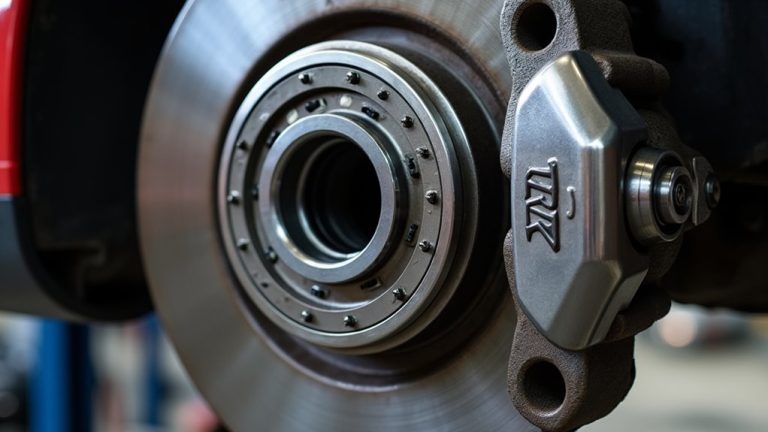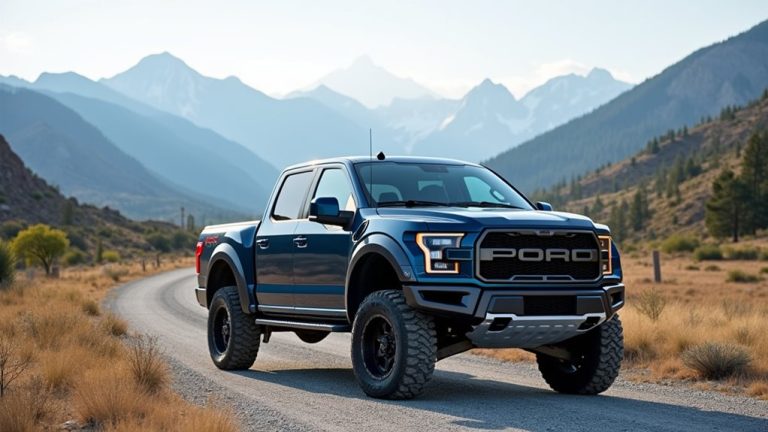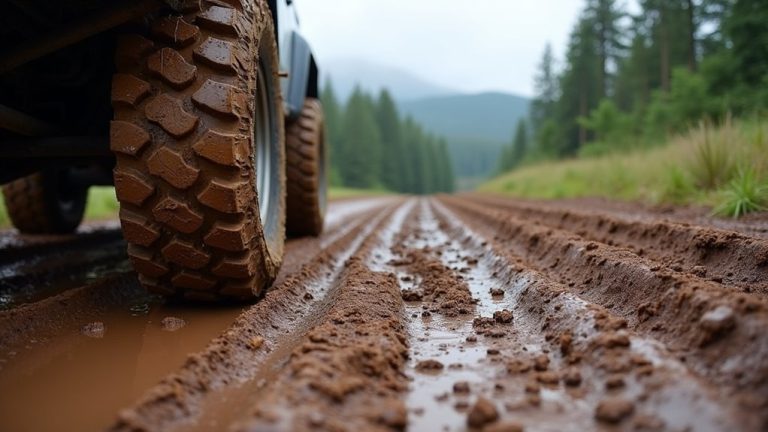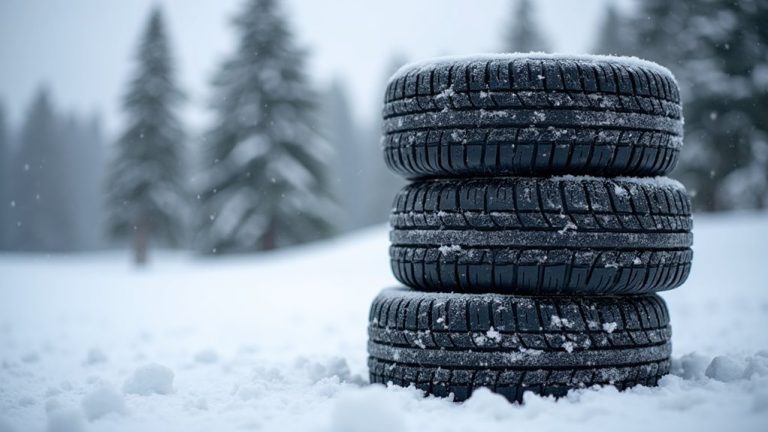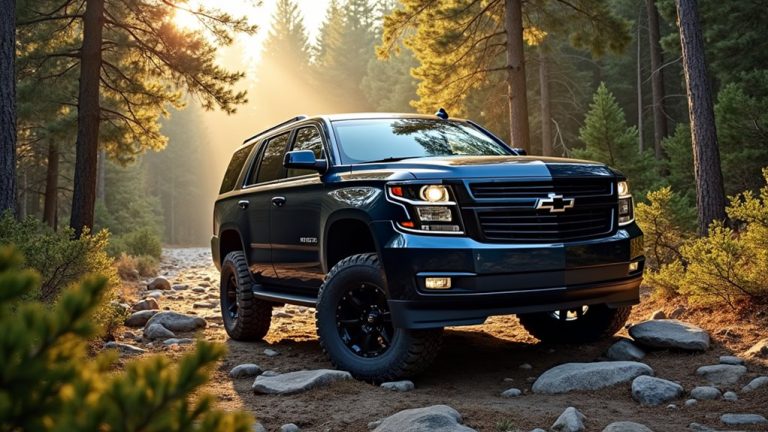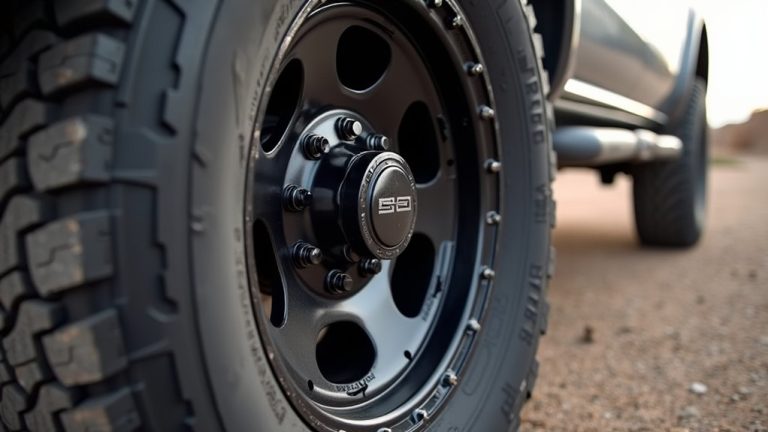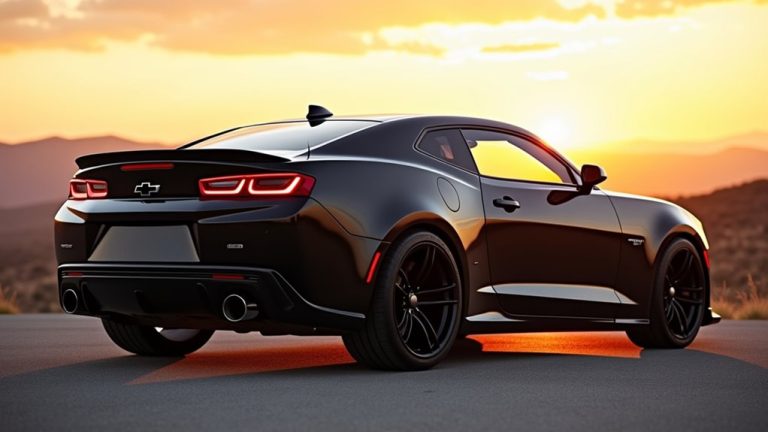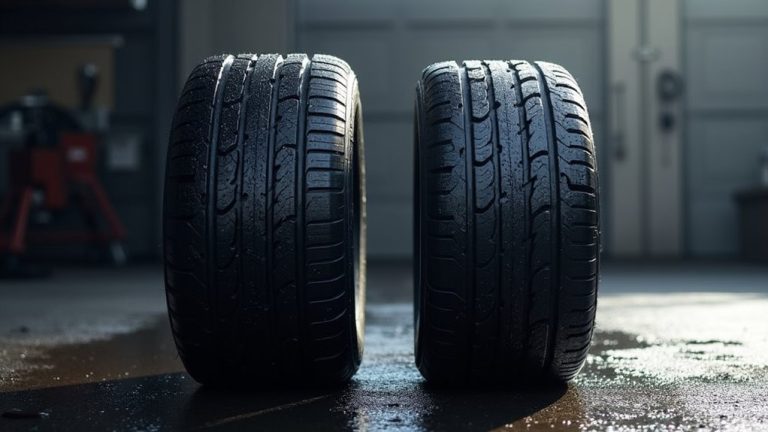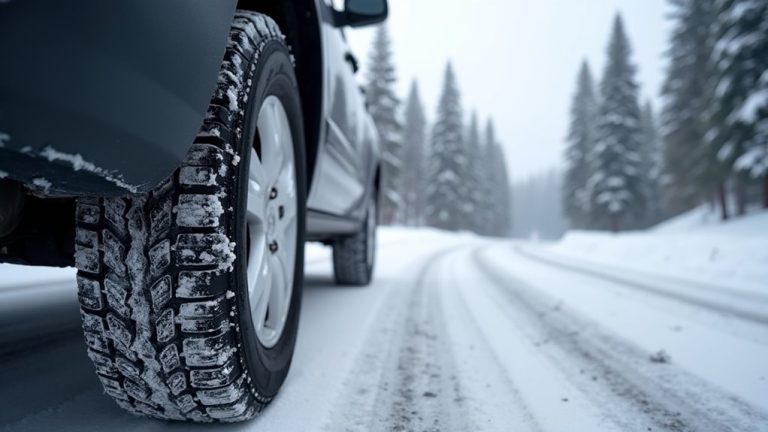Are Trq Wheel Bearings Good
TRQ wheel bearings offer a solid choice for many car owners. They match or beat original standards with ease. A pair costs about $130—super affordable! Compare that to premium brands like Timken, almost double the price. TRQ still rivals Moog’s mid-tier quality. Expect them to last up to 30,000 miles for daily use. Many users praise the simple setup process. They also enjoy smooth rides after installation. Still, top brands might outlast TRQ in tough conditions. Dive deeper for more handy tips and facts.

